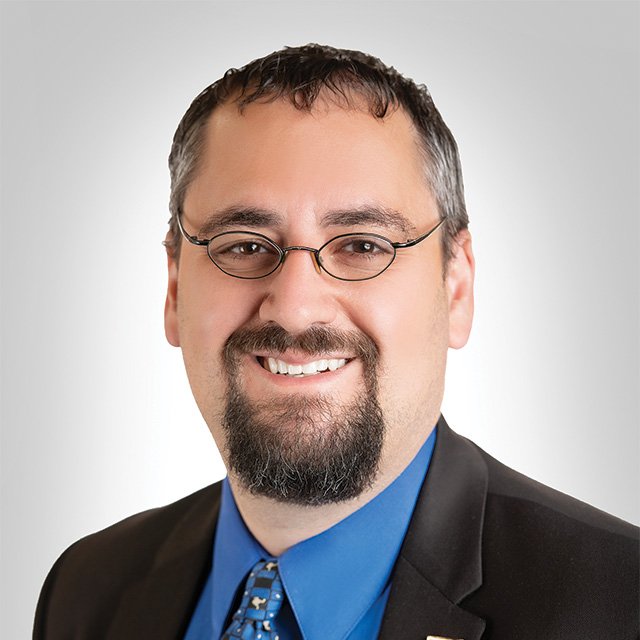6 Tips for Advisors When Talking Fees With Clients

If there is one conversation that many advisors dread more than any other, it’s the fee conversation — whether it’s with prospective clients or telling existing clients that the fee they charge is going up.
However, all too many advisors make the fee conversation more awkward and complicated than it needs to be, according to industry experts who spoke during the recent Kitces.com webinar “Introducing The Fee Conversation To New And Existing Clients (How To Talk About What You Charge Without Being Awkward).”
The fact of the matter is the value that a good advisor brings to the table today is significantly more esoteric than it was in years past and relies not just on an advisor’s own knowledge and expertise but also on their ability to deliver positive client outcomes, according to Michael Kitces, head of planning strategy at Buckingham Wealth Partners and chief financial planning nerd at Kitces.com.
Meanwhile, because investors today have access to much more information than they did in years past, it is likely that, at some point, a client is going to push back on an advisor’s pricing and wonder why they should pay more than what another advisor with a seemingly similar “comprehensive financial planning” offering charges or more than what an even less expensive robo-advisor charges, according to Kitces.
Below are some of the standout tips for the fee conversation that were provided during the webinar by Kitces and his expert guests: Bill Bachrach, CEO and chairman of AdvisorRoadmap and Bachrach & Associates, and Carl Richards, a certified financial planner best known for his decade-long “Sketch Guy” column in The New York Times.
1. It is crucial to convey the value that you offer during an introductory client meeting.
“I have a favorite saying, and that’s the success of what you’re currently doing is built on the foundation of what immediately preceded it,” Bachrach said.
“Truly comprehensive financial planning, truly being a trusted advisor” is much different than being a salesperson who “gathers assets or uses planning as a tool to sell a product rather than real planning,” he said, noting that advisors should convey that to prospective clients.
But “what precedes this discussion about the value in what you do” is important, he said, suggesting advisors schedule a meeting with both spouses, asking them to have all their financial documents handy, “preferably in your office” or by Zoom but “never at their home, never in their office where there are a lot of distractions.”
He also suggested that advisors all use a financial roadmap that is visual, “engaging” and interactive when meeting with prospects. From there, it’s best to proceed to ask them what their core values and “tangible goals” are and what their “current reality” is, he said.
All of that helps to build an “emotional connection” with the prospects, he noted. “In the first 15 to 30 minutes, you’re asking them questions that have them thinking about things that the financial people they’re currently working with are not asking,” he added.
And all of that should be done before you actually invite them to become a client, he pointed out, noting it should be made clear to prospects that the reason they should become your client is that you have a higher probability of achieving all their goals that are the result of their values.
“The mistake that most advisors make” is asking too few questions during such meetings and just providing prospects with a vague list of what they offer clients, he added.
2. Record the initial conversations with prospective clients.
Bachrach has been recording conversations with prospective clients for decades, he noted. It’s helpful to also use a “scripted, repeatable process,” he said.
After recording the conversations, advisors should review the recordings to find mistakes you should not make again and remove from the script if they’re in there, he said.
“There’s a lot of failure involved in actually grading scripts that work,” he pointed out.




